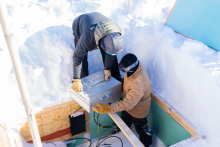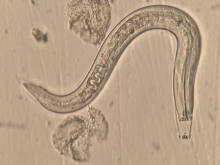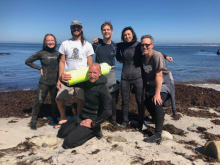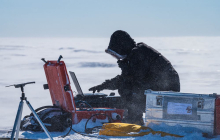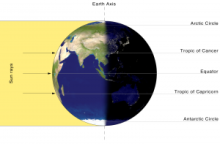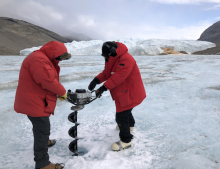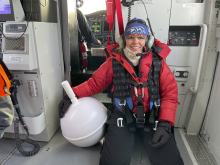Thank You from PolarTREC
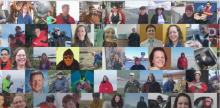
For over two decades, PolarTREC has been bridging the gap between educators and researchers in polar science expeditions in the Arctic and Antarctica. This transformative initiative facilitated countless collaborations, forged powerful connections between educators and scientists, and ignited a passion for scientific understanding. As of 31 May 2023, PolarTREC, administered by the Arctic Research Consortium of the US (ARCUS) has officially ended.
In celebration of the program, a video has been created featuring over 20 years of PolarTREC. The PolarTREC team invites you to view it on YouTube. We hope that you enjoy it as you witness firsthand the immersive experiences and educational opportunities created by the program.
The PolarTREC team would like to thank all who have participated in and supported the program for the last 20+ years. You can continue to stay informed about polar education news through the ARCUS website, social media and email lists. Reach out to us at education [at] arcus.org.

